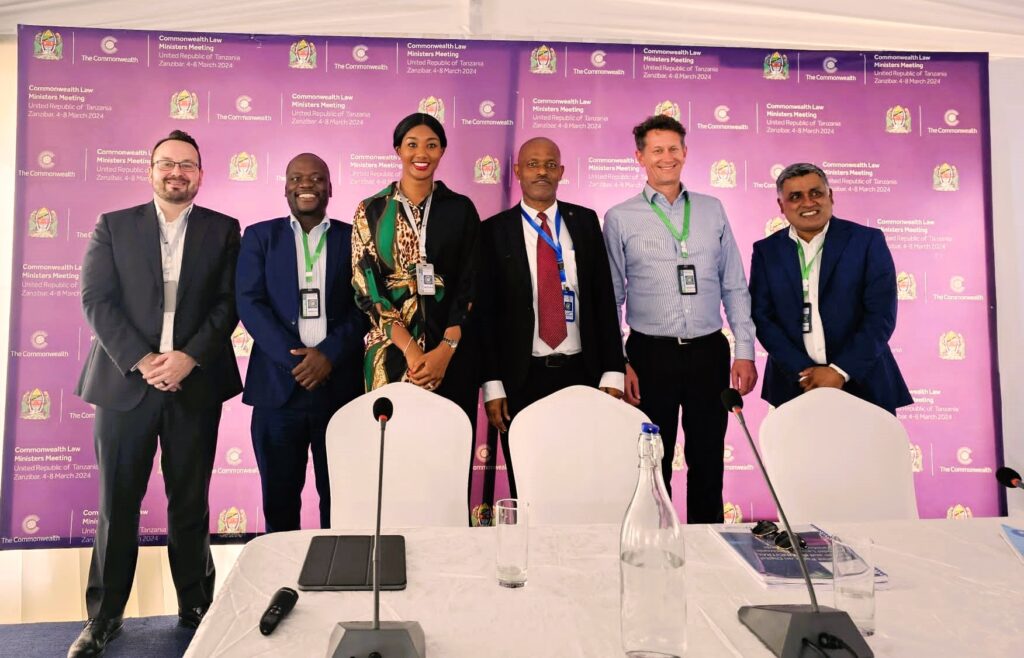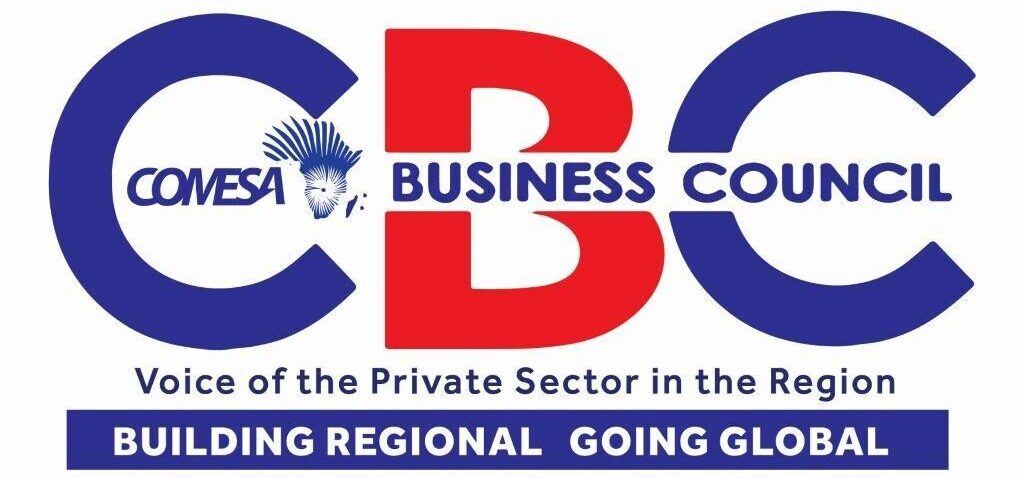Honorable Members and Esteemed Delegates,
Let me start by highlighting that many African countries are currently in a post-COVID -19 recovery phase. What we have seen during the pandemic days is an acceleration of digital engagements such as the virtual meetings as opposed to physical meetings, e-payments etc., fueling growth in digital trade and highlighting the benefits of digitalisation and digital transformation.
Therefore, in the African context, the endeavours of the Legal Reform and Digitisation Working Group to drive paperless trade assume paramount importance, particularly in fostering trade promotion and facilitating the development of both Digital Public Goods (DPGs) and robust Digital Public Infrastructure (DPI), including payments platforms. The transition from conventional paper-based trade to a digital paradigm within Africa holds immense potential, not only to enhance the efficiency and transparency of intracontinental trade but also to promote various aspects of digital trade. Allow me to illustrate with an example: the current level of intra-continental trade within COMESA remains comparatively low when compared with our trade activities with the rest of the world. The implementation of digital reforms has the potential to significantly elevate trade both within COMESA and at the continental level.

Accordingly, by specifically addressing legal impediments and steering digital reforms, the Working Group initiatives will definitely assist to curtail costs and enable African nations to synchronize seamlessly with dynamic shifts in global trade trends. Harmonizing legal and regulatory frameworks across the continent is poised to create an environment conducive to the promotion of digital trade. This includes the development of secure payments platforms and other shared digital resources that can contribute to a more interconnected and efficient trade landscape.
In light of this perspective, aligning the regional legal and regulatory framework will significantly support the CBC DFI Program’s efforts to smoothly implement a COMESA Digital Retail Payments platform. This integrated regional digital financial services infrastructure is designed to be low-cost, interoperable, and fraud-resistant, catering to the needs of Micro, Small, and Medium-sized Enterprises (MSMEs).
The outputs generated by the Working Group, such as the Commonwealth Model Legislative Text on Digital Trade, will serve as a comprehensive blueprint for necessary legal overhauls essential for African nations to efficiently transition into paperless trade. As the model encompasses critical aspects like the recognition of digital documents, utilization of e-signatures, digital identification and authentication, e-payments, cybersecurity, data protection, and privacy, lays the foundation for harmonized legal frameworks supportive of the promotion of digital trade in the African region.
Ladies and Gentlemen,
As the regional pilots, orchestrated by the Working Group are set to also focus on specific African countries within each region across the Commonwealth, they will provide valuable insights into distinctive challenges and opportunities during this transition to paperless trade. The ensuing tailored legal reform roadmaps and implementation guidelines not only pave the way for paperless trade but also create an environment ripe for the promotion of various Digital Public Infrastructures in the region. This harmonization, in line with the model laws developed by the Commonwealth Connectivity Agenda (CCA), will offer a standardised and secure foundation for the development and proliferation of digital payment platforms and other shared resources across the African region.
It is pleasing to note that, beyond regulatory bodies and lawmakers, the impacts of the Working Group’s initiatives extend to benefit Micro, Small, and Medium-sized Enterprises (MSMEs), women enterprises, youth entrepreneurs, and other marginalized groups. Therefore, by facilitating paperless trade the Working Group’s efforts will empower these segments of society, fostering inclusivity and accessibility in the burgeoning digital trade environment in Africa.
In conclusion, the Legal Reform and Digitisation Working Group’s focused approach on legal reforms and digitalization within the African context are indispensable for unlocking the continent’s full trade potential.
Thank you for your kind attention.
